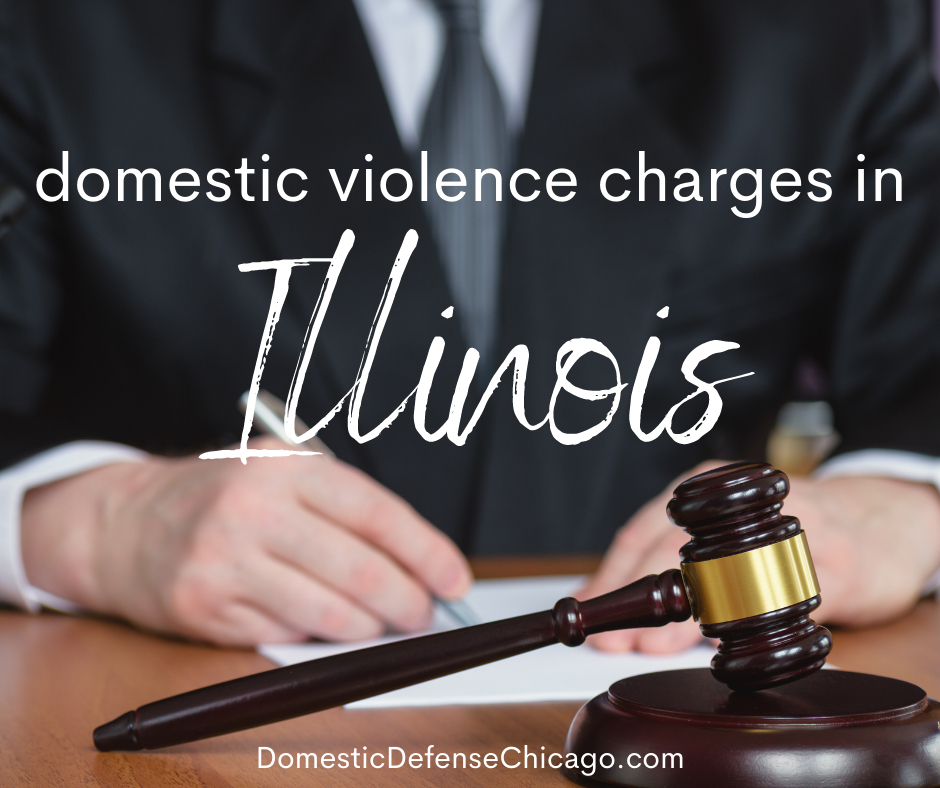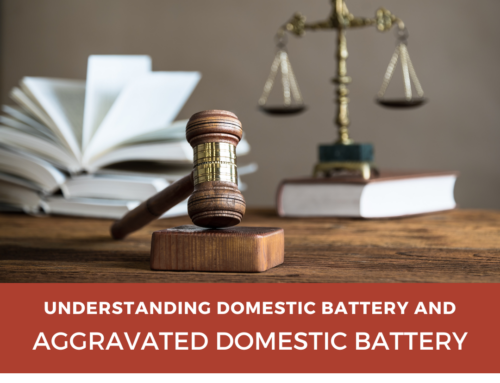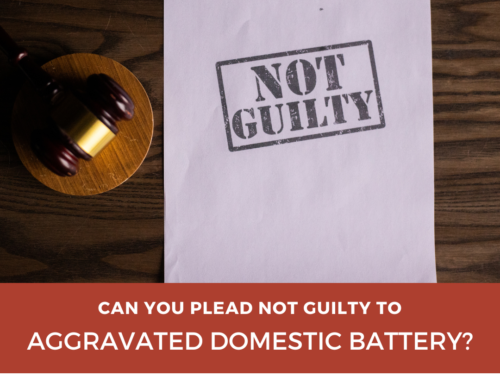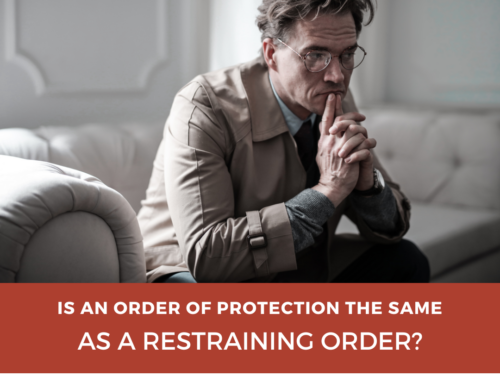If you’re like many people facing domestic violence charges – which are technically called domestic battery charges in Illinois – you probably have a lot of questions. First things first: You are always welcome to call us for a free case review. We’ll be happy to talk to you about your situation and give you the legal advice you need.
But while you’re here, check out these frequently asked questions about domestic violence charges in Illinois.
Domestic Violence Charges in Illinois: What You Need to Know
Domestic violence charges are serious, and if you’re convicted of domestic battery or aggravated domestic battery, it’s going to stay on your criminal record forever. Here’s what you need to know (and why you should probably use your right to an attorney).
What Relationships Make it a Domestic Battery Charge?
A battery charge becomes a domestic battery (what many people call domestic violence) if one of these relationships exists between the two parties:
- Spouses and ex-spouses
- Blood-related family members
- Co-parents
- Current roommates and former roommates
- Elderly adults or disabled adults and their caregivers
- Individuals who are related by blood through a child
- Parents (and step-parents) and children
How Long Will You Go to Jail if You’re Convicted of Domestic Battery?
If you’re convicted of simple domestic battery, which is typically a Class A misdemeanor, you could go to jail for up to a year. However, if you have a prior domestic violence conviction or you used a firearm, the battery involved a child or the battery involved sexual assault, it becomes a Class 4 felony. If you’re convicted of a Class 4 felony, you can go to prison for up to 3 years – and the prosecutor can ask the judge to give you a longer sentence.
If you’re convicted of aggravated domestic battery, which is a Class 2 felony, you can go to prison for up to 7 years – and if the prosecutor shows the court that you meet criteria for enhanced sentencing, you could go to prison for up to 14 years.
Can the Alleged Victim Drop the Charges?
After the police come out and you’re accused of domestic violence, nobody can drop the charges except the prosecutor in the case. That means even if someone lied just to get you in trouble, he or she can’t decide to “drop” it. It’s out of everyone’s hands at that point.
What is an Order of Protection?
In some cases, judges issue orders of protection. These orders are legally binding and require the person accused of domestic violence to stay away from the alleged victim. (You may know them as restraining orders.) If the judge in your case issues an order of protection, it may restrict you from:
- Having any contact at all with the alleged victim
- Threatening or abusing the alleged victim
- Entering your own home
- Visiting your kids
- Taking your kids out of state
- Accessing your kids’ records
- Selling, damaging or destroying certain personal property
An order of protection can also require you to give personal property to the alleged victim, to turn in your firearms to law enforcement, appear in court and attend counseling.
What Should I Do if I’m Accused of Domestic Violence?
If you’re accused of domestic violence, you may want to call a domestic battery defense attorney. Your attorney can represent you in court and ensure that your side of the story comes out.
You can call us at any time at 847-920-4540 or fill out the contact form below. We’ll be happy to provide you with a free consultation, and we’ll answer your questions and help you start moving forward.
Free Case Review







Leave A Comment
You must be logged in to post a comment.